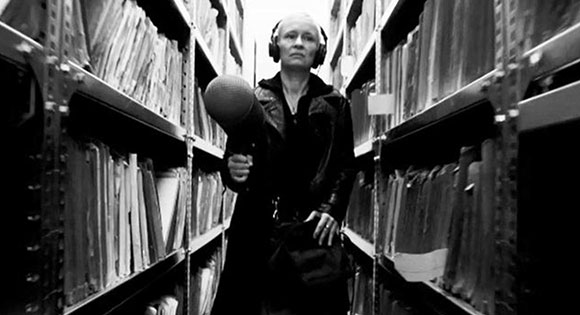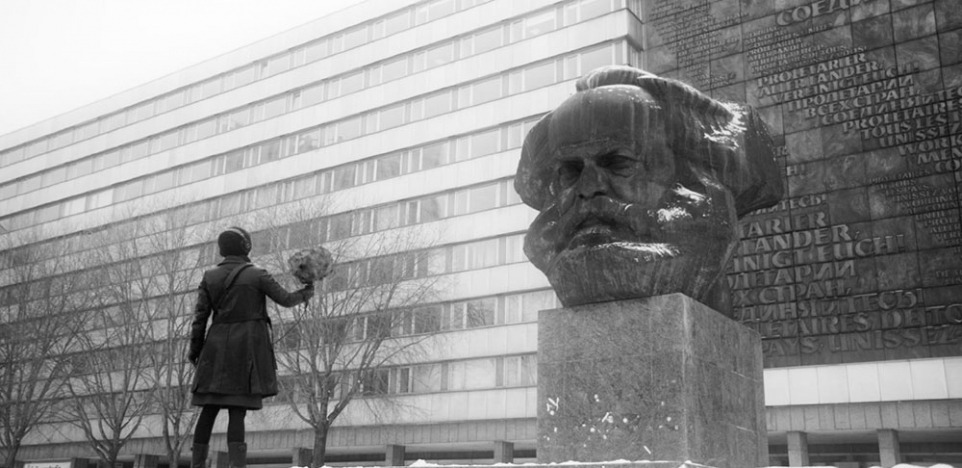Petra Epperlein and Michael Tucker are the directors of this hard-hitting documentary about the suicide of her father, who hanged himself from a tree behind the family home in Chemnitz in 1999. Shortly after the Berlin Wall came down, the citizens of this town, then called Karl Marx City, voted to ditch the name given it under the auspices of the German Democratic Republic (GDR).
Epperlein decides to investigate the circumstances surrounding her father's death. Was he an informant for the Stasi, the GDR's secret police? In the process of interviewing her mother, twin brothers, and other survivors of the oppressive methods of the Stasi, she uncovers many scary insights into the human capacity for betrayal of others and the intrusive nature of surveillance. She also talks with historians, scholars, and experts on this period of Communist totalitarian persecution.

The Stasi created loyalty through fear and paranoia. The scale of this East German agency's trampling on the rights of its own citizens is mind-blowing. It involved more than 90,000 official agents and at least 200,000 secret informants. The archive created by the Stasi contains 41 million index cards kept on 70 miles of shelving. In this terrible atmosphere, one of the experts on those times concludes: "Everyone is a suspect. Everyone is the enemy." Epperlein wonders whether or not her father might have taken his own life after realizing the error of his ways in his work as a Stasi agent.

Karl Marx City is an audacious documentary that dares to speak the truth about the dangers of round-the-clock surveillance and the harrowing fallout from the systematic making of enemies. The film is also a cautionary account of the dangers that ensue when hostility against others is used as a justification for secrecy, suspicion, and the suppression of dissent.
